Estate Planning Documents – Are Your Affairs in Order?
September 23, 2025
When it comes to preparing for the future, having the right estate planning documents in place is one of the most important steps you can take. Whether you’re planning for retirement, concerned about your health, or simply want to ensure your assets are distributed according to your wishes, a well-crafted estate plan provides peace of mind for both you and your loved ones. Many people believe a will is all they need, but in reality, a comprehensive estate plan requires several essential legal documents working together.
In this guide, we’ll walk you through the key estate planning documents, how each one serves a unique purpose, and why working with an experienced estate planning attorney can help ensure your affairs are truly in order.
Why Estate Planning Matters
Estate planning isn’t just about preparing for what happens after you’re gone. It’s also about ensuring you’re protected throughout your lifetime. The right documents help you:
- Designate who will manage your finances if you’re unable
- Express your healthcare wishes clearly
- Avoid unnecessary court involvement
- Streamline the transfer of assets
- Minimize family conflict
Each estate planning document plays a different role in ensuring your legal, financial, and medical preferences are respected.
Essential Estate Planning Documents
Last Will and Testament
Your will outlines how your assets should be distributed after you pass. It also allows you to name an executor to oversee the distribution process and designate guardians for minor children. Without a will, your estate will be subject to New Jersey’s intestacy laws, which may not align with your wishes.
Revocable Living Trust
A living trust allows you to transfer ownership of your assets into a trust while you’re alive. You maintain control over the trust and can make changes as needed. Upon your death, your successor trustee can distribute the assets without going through probate, making this an attractive option for those who want privacy and efficiency.
Durable Power of Attorney
This document gives someone you trust the authority to manage your finances if you become incapacitated. Without it, your family may need to go through court proceedings to gain control over your finances, which can be both costly and time-consuming.
Advance Healthcare Directive (Living Will)
This outlines your wishes regarding medical treatment if you’re unable to communicate them yourself. It can include decisions about life support, artificial nutrition, and other healthcare interventions.

HIPAA Authorization
This gives your healthcare providers permission to share your medical information with designated individuals. It ensures your loved ones have access to important health details when decisions need to be made.
Beneficiary Designations
Certain assets, like retirement accounts and life insurance policies, pass outside of your will. Naming beneficiaries on these accounts is essential, and those designations should be reviewed regularly to ensure they still reflect your intentions.
Letter of Intent
Though not legally binding, this document communicates your personal wishes and instructions to your executor or loved ones. It may include information about funeral preferences, digital passwords, or explanations for your decisions.
Guardianship Designations
If you have minor children or dependents with special needs, a guardianship designation lets the court know who you would prefer to take over their care.
Instructions for Final Arrangements
Some individuals include details about their preferred funeral or burial arrangements. While this can be included in a will or letter of intent, having a separate, easily accessible document ensures your wishes are followed promptly.
Review and Update Regularly
Your life is constantly evolving, and your estate plan should as well. Major life changes such as marriage, divorce, the birth of a child, a death in the family, or significant changes in assets should prompt a review of your estate planning documents. Even if nothing major has changed, it’s a good idea to review your documents every few years to ensure they’re still legally valid and align with your wishes.
Waypoint Legal – Your Estate Planning Partner
At Waypoint Legal, we understand that creating a comprehensive estate plan can feel overwhelming, especially with so many documents to consider. Our team of elder law professionals is here to simplify the process. We work with seniors and their families to develop personalized estate plans that comply with New Jersey law and reflect your unique needs and values.
From drafting wills and trusts to ensuring your healthcare wishes are documented, we take care of every detail so you can plan with confidence. If you’re unsure whether your estate planning documents are complete or up to date, we’re here to help.
Schedule a consultation with Waypoint Legal today and take the first step toward securing your legacy and protecting your loved ones.
Estate Planning Document FAQs
What is the difference between a will and a living trust?
A will outlines how your assets are distributed after death, while a living trust allows your assets to be managed and distributed without going through probate.
Do I need a power of attorney if I already have a will?
Yes. A will only takes effect after death. A power of attorney is necessary to manage your affairs if you become incapacitated during your lifetime.
How often should I update my estate planning documents?
You should review your documents every few years or after major life events like marriage, divorce, birth, or death.
What happens if I don’t have an advance healthcare directive?
Without one, your family may be left to make difficult medical decisions without knowing your preferences, and the court may have to appoint someone to make those decisions for you.
Is a letter of intent legally binding?
No, but it provides helpful guidance to your family and executor and can clarify your wishes in ways legal documents may not.
Why should I work with an elder law attorney specifically?
Elder law attorneys specialize in the unique legal needs of older adults, including healthcare, long-term planning, and asset protection, ensuring your plan is both thorough and forward-thinking.
Get Free Legal Advice Sent to Your Inbox.
Waypoint Legal, LLC. Jersey Elder Lawyers



 (732) 361-2533
(732) 361-2533 



